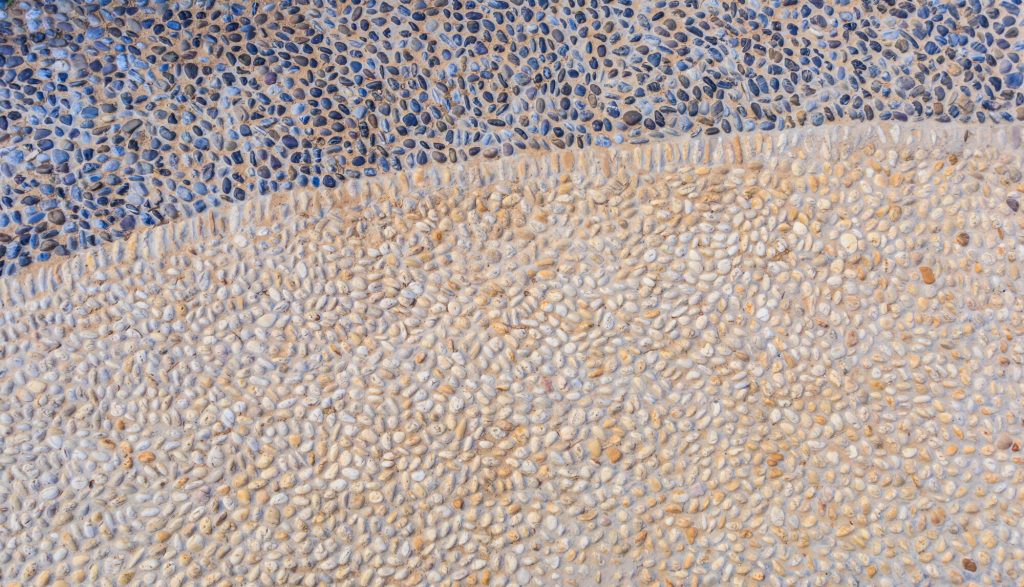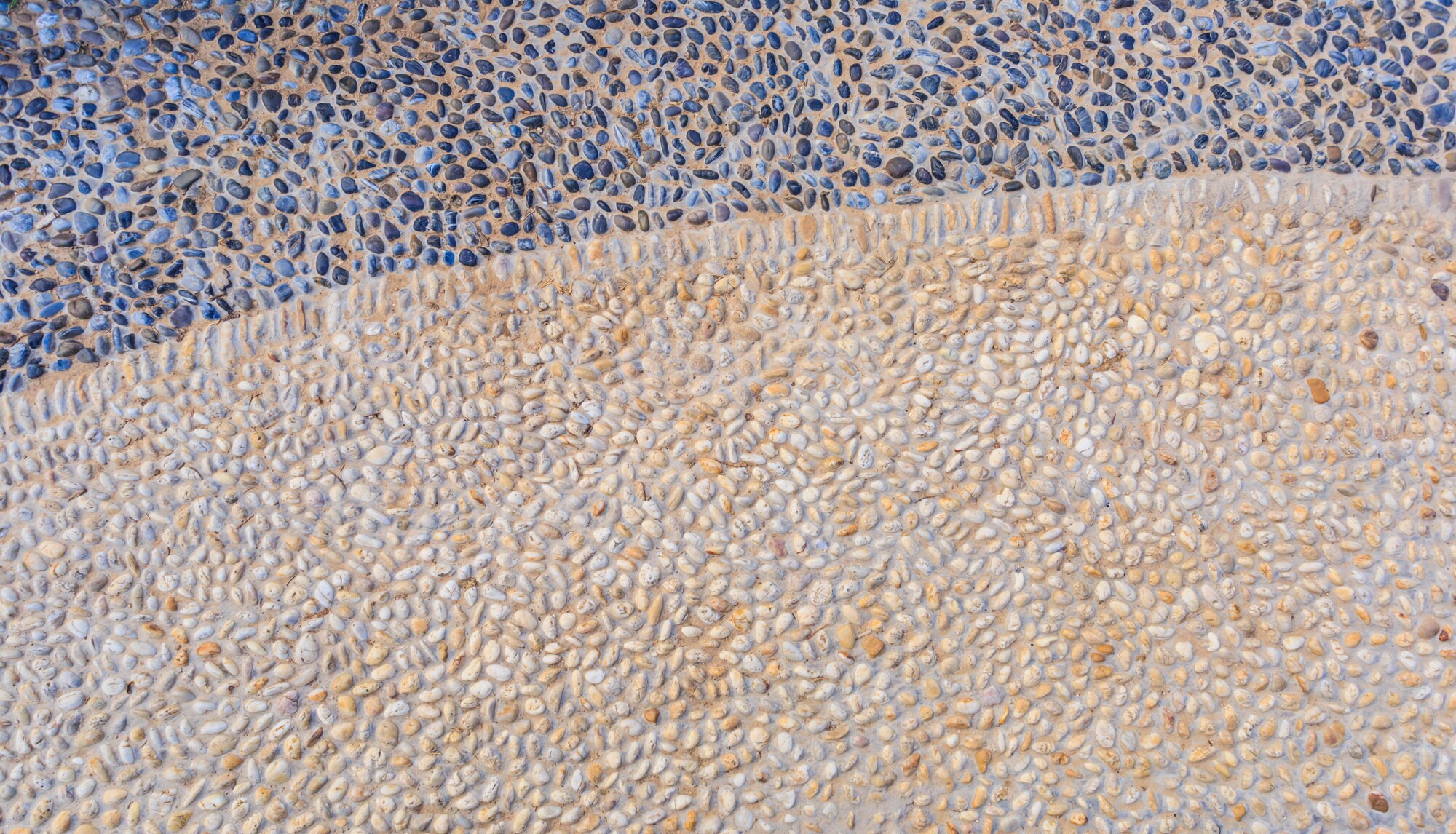In the quest for sustainable and cost-effective solutions, permeable paving has emerged as a frontrunner.
This innovative paving method offers a myriad of benefits, from environmental to practical.
Permeable paving allows water to pass through its surface, reducing runoff and recharging groundwater supplies. It’s an eco-friendly alternative to traditional impermeable surfaces, contributing to sustainable urban development.
But the benefits don’t stop at the environment. Permeable paving is also durable, low maintenance, and aesthetically pleasing. It can be used in various applications, from driveways to parking lots, and comes in a variety of styles and colors.
In this article, we delve into the benefits of using permeable paving, its cost-effectiveness, and its application in different climates, like Perth. Whether you’re a homeowner, a business owner, or a municipal decision-maker, you’ll find valuable insights to inform your paving decisions.

Understanding Permeable Paving
Permeable paving is a type of surface that allows water to pass through it. This is achieved by using materials like porous concrete, pervious asphalt, or interlocking pavers.
These materials are designed to let water infiltrate the soil beneath, rather than causing runoff. This process helps to recharge groundwater supplies and reduce the risk of flooding.
Permeable paving is not just practical, but also aesthetically pleasing. It comes in various styles and colors, making it a versatile choice for different applications.
Whether you’re considering it for a driveway, a parking lot, or a walkway, permeable paving offers a sustainable and attractive solution.
Key Advantages of Permeable Paving
Permeable paving offers numerous benefits. It’s not just a paving solution, but a tool for sustainable development.
One of the key advantages is its environmental friendliness. It’s a green alternative to traditional impermeable surfaces.
Another advantage is its role in water management. It helps prevent flooding and contributes to groundwater recharge.
Moreover, permeable paving is cost-effective. It offers long-term savings by reducing the need for stormwater management infrastructure.
Environmental Benefits
Permeable paving is an eco-friendly paving solution. It helps reduce the heat island effect, which is common in urban areas.
This paving method supports sustainable urban development. It can be part of a larger water-sensitive urban design strategy.
Moreover, permeable paving can help mitigate the impacts of climate change. It manages extreme weather events by allowing water to infiltrate the soil.
Water Management and Flood Prevention
Permeable paving plays a crucial role in water management. It reduces the risk of flooding by allowing water to pass through the surface.
This paving solution can improve water quality. It filters pollutants as water passes through, contributing to cleaner groundwater.
In areas with heavy rainfall, like Perth, permeable paving can manage water efficiently. It’s a practical solution for stormwater management.
Cost-Effectiveness and Long-Term Savings
Permeable paving is a cost-effective solution. While the initial cost may be higher than traditional paving, the long-term benefits often outweigh the investment.
It requires less frequent repairs, making it a low-maintenance option. This results in significant savings over time.
Government incentives may be available for sustainable building practices, including permeable paving. This can further reduce the overall cost.
Permeable Paving Materials and Design
Permeable paving comes in various materials and designs. This versatility allows it to be used in a wide range of applications.
Common materials include porous concrete, pervious asphalt, and interlocking pavers. Each material has its unique properties and benefits.
The design of permeable paving is crucial for its effectiveness. It requires careful planning and skilled installation.
Moreover, permeable paving can be aesthetically pleasing. It comes in various styles and colors, adding to the visual appeal of the paved area.

Types of Permeable Paving Materials
Porous concrete is a popular choice for permeable paving. It’s durable and can withstand heavy traffic when properly installed.
Pervious asphalt is another common material. It’s similar to regular asphalt but allows water to pass through.
Interlocking pavers are a versatile option. They can be arranged in various patterns, adding to the aesthetic appeal.
Each material has its pros and cons. It’s important to consult with professionals to determine the best type for specific needs.
The choice of material can also impact the permeable paving cost per m2. Therefore, cost considerations should be part of the decision-making process.
Installation and Maintenance of Permeable Paving
The installation of permeable paving is a critical process. It requires careful planning and skilled execution.
Proper installation is crucial for the effectiveness of permeable paving systems. It ensures the system’s durability and longevity.
Maintenance of permeable paving is relatively low. It typically involves occasional sweeping and vacuuming to remove debris.
However, the maintenance requirements can vary based on the type of material used and the specific application.
Installation Process
The installation process of permeable paving is similar to that of traditional paving. However, it requires additional steps to ensure water permeability.
The process involves preparing the site, laying the base, and installing the permeable paving material. Each step must be executed with precision.
It’s important to hire certified contractors for the installation. They have the necessary skills and knowledge to ensure a successful installation.
Maintenance Requirements
Maintenance of permeable paving is relatively simple. It typically involves occasional sweeping and vacuuming to remove debris.
This helps to keep the pores of the paving material open. It ensures the system’s water permeability.
However, the specific maintenance requirements can vary. They depend on the type of material used and the specific application.
Permeable Paving Cost Analysis
The cost of permeable paving can vary. It depends on the type of material used and the complexity of the installation.
While the initial cost may be higher than traditional paving, the long-term benefits often outweigh the investment. Permeable paving offers cost savings in terms of reduced need for stormwater management infrastructure.
Government incentives may also be available for sustainable building practices, including permeable paving.
Permeable Paving Cost per m2
The cost per square meter of permeable paving can vary. It is based on the type of material used and the complexity of the installation.
In general, permeable paving can be a cost-effective solution. Especially when considering the long-term savings on water management and maintenance.
It’s important to consult with professionals to get an accurate cost estimate. They can provide a detailed breakdown based on your specific needs and preferences.
Permeable Paving in Perth and Similar Climates
In Perth and similar climates, permeable paving is particularly beneficial. These areas often experience heavy rainfall, and permeable paving can help manage this efficiently.
Permeable paving can also reduce the heat island effect in urban areas. This makes it a valuable tool for sustainable urban development.
Local projects in Perth have successfully used permeable paving. These serve as excellent examples of its practical application and benefits.
Conclusion: The Sustainable Choice for Paving
Permeable paving is a sustainable choice for both residential and commercial applications. It offers environmental benefits, cost-effectiveness, and aesthetic appeal.
By choosing permeable paving, you contribute to water conservation and stormwater management. You also support biodiversity in urban areas.
The initial cost may be higher, but the long-term benefits often outweigh the investment. It’s a smart choice for those committed to sustainable practices.
In conclusion, permeable paving is a valuable tool for sustainable urban development. It’s a choice that benefits us all.
